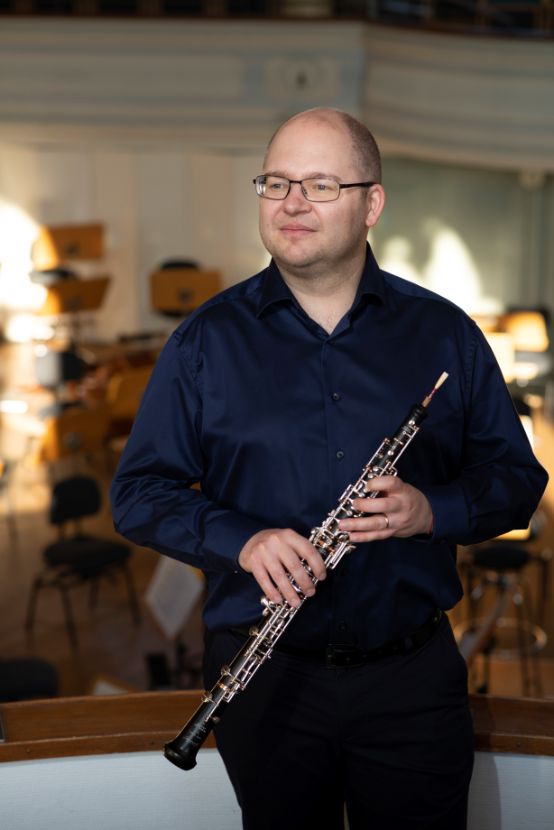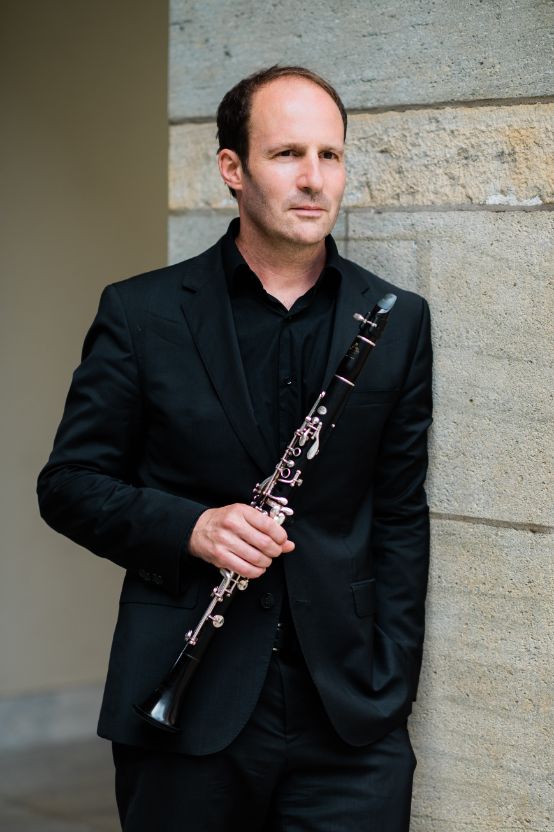It is twice as difficult for a woman to survive in such a highly competitive environment as the artistic world than it is for a man in the same situation.
Scrutinized and assessed
Firstly, a woman is constantly scrutinized and judged. Having been a victim of assault, I have, to my great dismay, "experienced" the harmful games and abuse of power myself, a power over women that men try to keep at all costs, to make it quite clear that women can never be equals. This is all the more striking when you are a freelance female musician who is dependent on employment and where the employer has the power to select, reject, favor or harm a career. The artist is constantly scrutinized, whether for the length of her jumper, the color of her shoes, the height of her heels or her pretty face (too much or too little make-up, the volume of her hair...) and is often, without being able to complain about it, confronted with other even more unpleasant sexist remarks and gestures that create a harmful climate. Therefore, refusing advances or denouncing an abuse of power is still dangerous for one's career, even five years after #MeToo.
When you are a victim, and even though the victim is never really to blame, you are overcome with unjustified shame. Because you think you were weak at a certain moment and "let it happen", the assault robs us of our strength and our own power and leaves us confused, speechless, shocked and paralyzed and without knowing how to react. Lucile Quillet, writer and journalist, explains this mechanism very aptly: because we don't want to be the "victim of an assault", there is a reflex to minimize the situation and to think that if we "tolerate" it, we still have a certain power over ourselves. The brain thus creates a situation that unfortunately cannot last long by saying to itself: "It's not bad. It wasn't intentional. It's not worth making a big story out of it...". So you absolutely have to start by recognizing an assault for what it is in order not to suffer another one. Let us never forget that an assault does not call us into question and does not cast doubt on our qualities. This is a difficult task, but it does not prevent our future... and it will pass.
Ethical guidelines
To this end, I encourage all cultural institutions and venues to become active on the ground and announce clearly visible, detailed ethical guidelines. It would be desirable for them to become tools to show the boundaries - which may be different for each and everyone - and what is or is not acceptable. In this way, any form of discrimination should disappear in terms of equal treatment, and consideration should be given to the physical and mental health of everyone as a first priority. Empathy and goodwill should become a basic rule of living together. Furthermore, non-violent communication should become a habit and everyone's feelings should be respected and everyone should become aware of their ways and habits of thinking: "What is my personal opinion and does it correspond to my beliefs? Or what do I repeat without thinking because society has whispered it to me?" It is important that the testimonies of victims of abuse are no longer doubted, no matter what type of abuse they concern, and that they are believed because they have a lot to lose by speaking out. It should also be recognized that rejection can be felt so strongly that it can lead directly to depression, and also that kindness should be seen as an important quality and not a weakness. In short, it is about valuing equality, safety, respect and self-actualization. It would also be advisable to include a procedure in these guidelines in the event of abuse, stating that you should contact the staff representatives or the company doctor internally or the cantonal labor inspectorate or your trade union, the SMV, externally. All these services are free of charge!
Sisterhood/women's solidarity
Secondly, a woman will not be able to count on the support of her sisters. Nevertheless, sisterhood - or women's solidarity, to use a more common expression - need not be considered a naïve utopia. Even in the music world, where competition is fierce, I think sisterhood can work and be a powerful antidote to the sexism that inherently divides and rules. It represents a power, a practice and a solid foundation to become stronger together.
Unfortunately, it is the reflex of every minority to see that which is like us as the most direct competition. We need to recognize this and not adopt the familiar male patterns of behavior (for example, willingly laughing at sexist jokes) in order to be seen as belonging and trying to move up a hierarchy influenced by patriarchal behavior at the expense of other women. The myth of the "catfight" associated with female rivalry must be dismantled by becoming aware of and analyzing small everyday reflexes and gestures and facing one's own insecurities: One should not see other women as rivals, as on the contrary they can turn out to be allies! Amina Sow speaks of a theory of charisma: "What benefits one woman also indirectly benefits the others." So if you criticize a woman, you criticize yourself; if you sabotage the work of another woman musician, you weaken your own position.
Sharing your experience in a musical environment, for example as a mentor, is a great thing and much more relevant than letting the new colleague "struggle like I once had to". Sisterhood will make it possible to confront inequality and sexism, make decisions, act together and advocate for equality.
In a word, as I wrote above, the musical environment is doubly difficult for a female musician, firstly because of the abuse of power she suffers and secondly because of the lack of support from other women. Men are never judged by the length of their jeans, and male solidarity has always been very strong. Standing together, uniting, supporting each other, listening to each other and giving each other advice: all this power is in our hands! The text by writer Chloé Delaume sums it all up well: "Sisterhood is an attitude. One should never deliberately harm a woman, never publicly criticize a woman, never provoke a woman's contempt. Sisterhood is inclusive, without hierarchy or birthright. Sisterhood is like an ethos of life."
I hope that this sisterhood will live in all women's hearts on June 14, 2023!
Muriel Noble, Co-President of the SMV, violinist in the OSR










